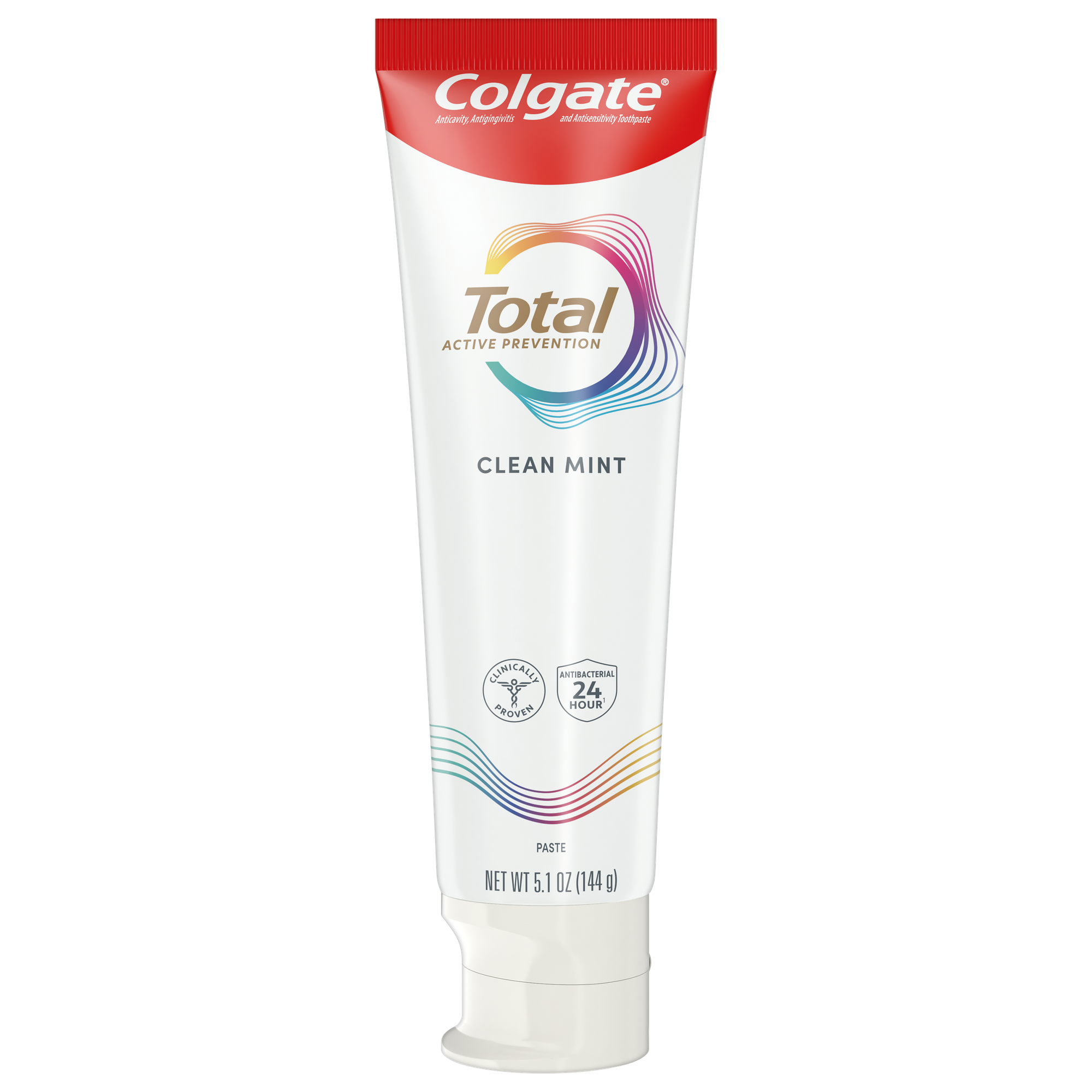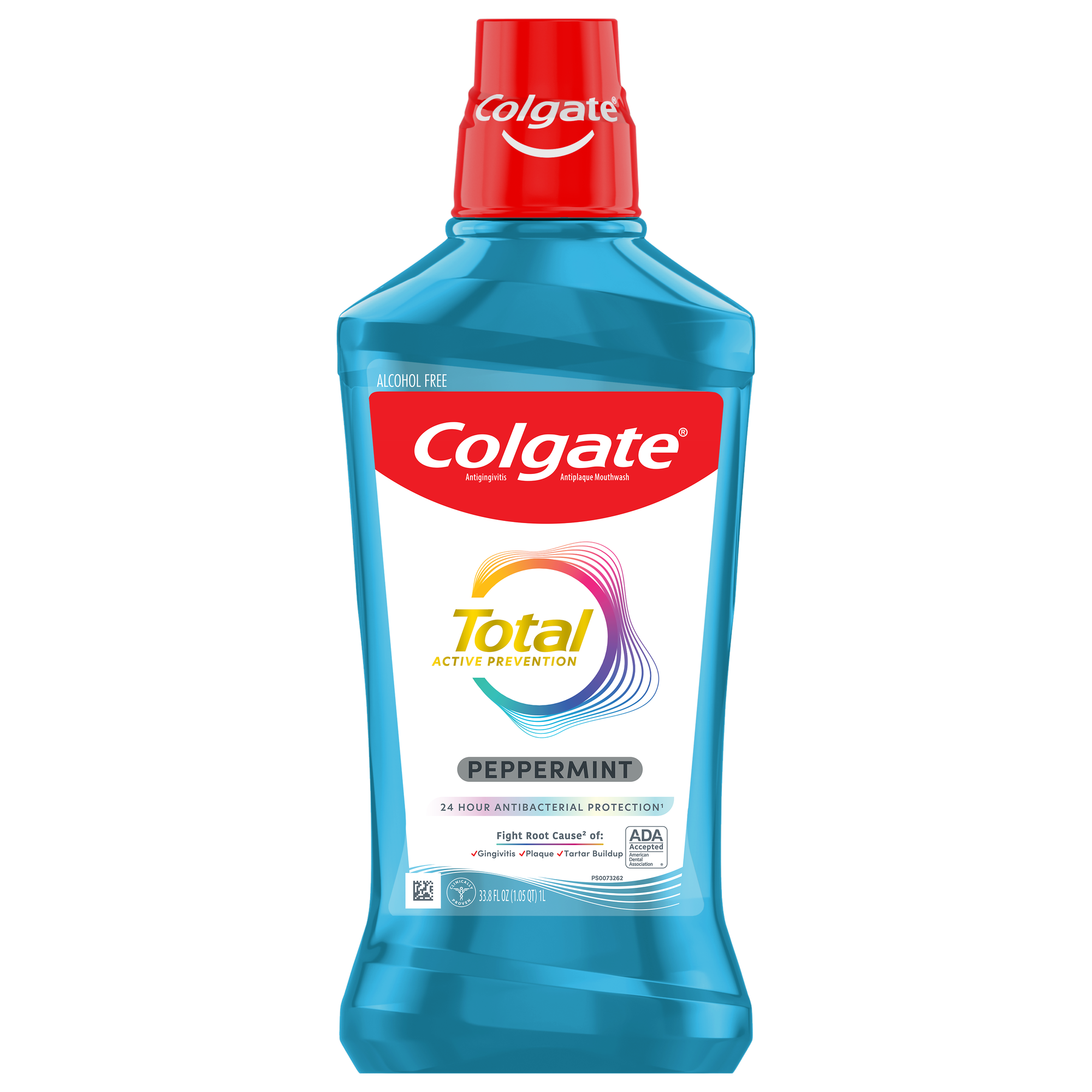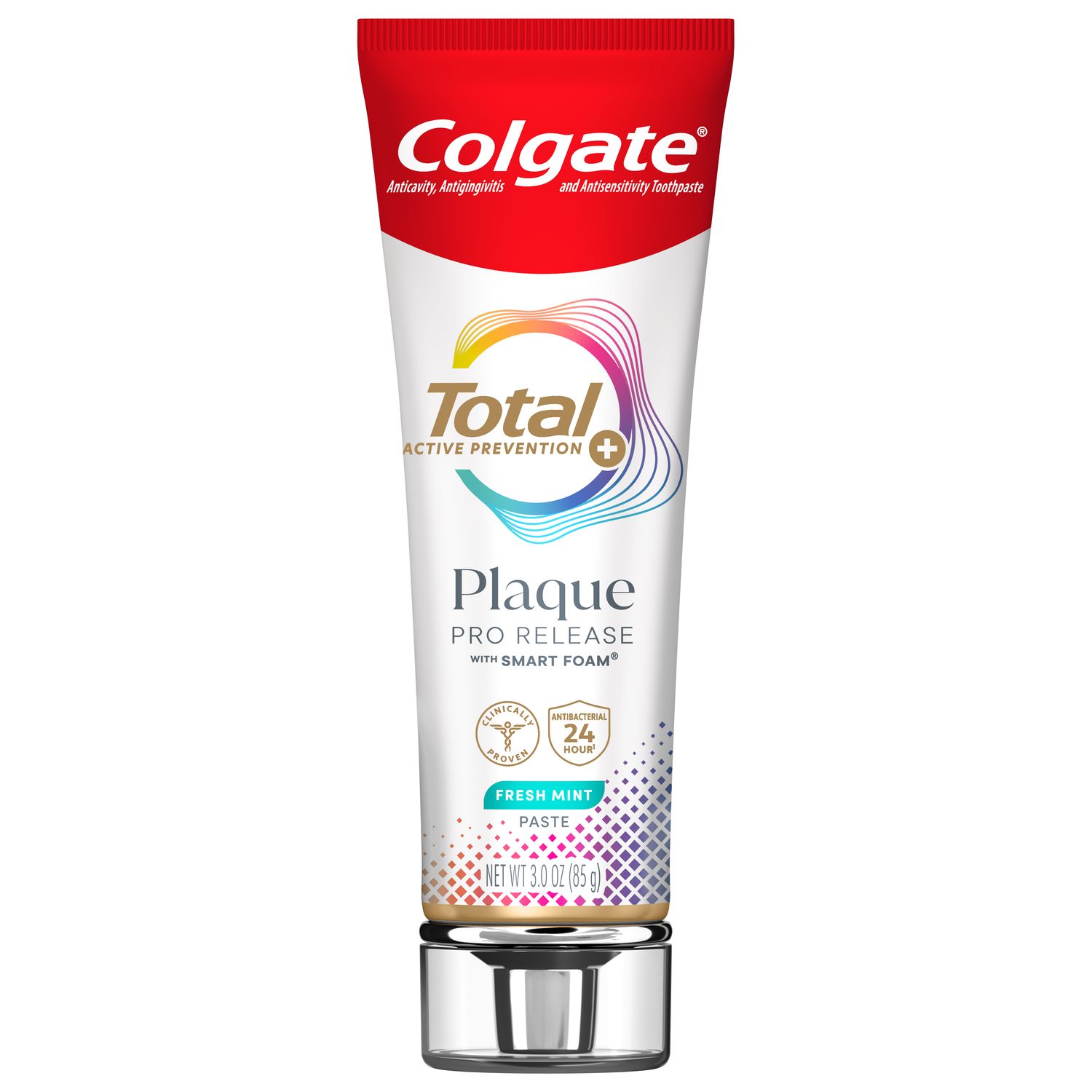
Do you ever find yourself considering going back to school and getting a bachelor's degree, if you don't already have one? Have you wondered what the benefit would be if you were to further your education? Are you curious about what roles a dental hygienist can have beyond the clinical setting?
Here's what to know when considering a bachelor's degree.
Potential for Advanced Roles
A bachelor's degree allows a dental hygienist to pursue many avenues outside of clinical hygiene. The American Dental Hygienists' Association (ADHA) provides a detailed list of possible career paths for a dental hygienist. Many of the advanced roles require a minimum of a bachelor's degree, and some — such as teaching in a dental hygiene program — may require a master's degree.
According to the U.S. Bureau of Labor Statistics, the average annual salary of a dental hygienist is $73,440. While a bachelor's degree might not increase a clinical hygienist's salary, advanced roles in dental hygiene will. For example, the salary of a dental hygiene educator with 1 to 3 years of experience averages $81,404, notes SalaryExpert. The average salary for dental hygiene educators overall is $103,503, while a senior position can generate an average of $169,189 in income.
Flexible Class Formats
If you've decided a bachelor's degree is right for you, there are a few options for returning to school. You could take classes online, in the traditional campus setting, or enroll in a hybrid program that combines traditional and online classes. The ADHA has a list of the accredited degree completion programs for dental hygienists to help you get started.
Rethinking Drawbacks
A higher education is not free. It costs a lot of time, not to mention money. But financial aid, scholarships and payment plans can help you cover tuition. Think of the tuition as an investment in your future, and your personal and professional growth. However, it's best if you are clear on your goals that would make the investment worthwhile. Getting a bachelor's degree can open doors for new opportunities to expand your professional world beyond the clinical setting. According to the American Dental Education Association, a bachelor's degree opens new opportunities within dental hygiene education, administration, public health and corporate dental hygiene sales.
With all of your responsibilities as a dental hygienist, incorporating classes into your schedule may seem overwhelming. However, an online program may allow you to take anywhere from 15 months to six years to earn your bachelor's degree, giving you the flexibility to take classes at your own pace while you still earn a paycheck.
Education Alternatives
According to the ADHA, it is the professional responsibility of dental hygienists to "commit to lifelong learning to maintain competence in an evolving health care system." If a bachelor's degree isn't for you, that's OK! You can still expand your knowledge and advance your clinical career by taking continuing education courses.
Takeaways
- Research the opportunities that having a bachelor's degree opens up for dental hygienists.
- Consider the investment of time and money in furthering your career, and determine if it's the right move for you. if so, then select the program that fits your schedule.
- Broaden your horizons by taking engaging CE courses if getting a degree isn't the right move for you.
Why It's an Important Consideration
A bachelor's degree will allow you to expand beyond the clinical setting. Going back to school may not seem feasible with a busy schedule, but online degree completion programs let you set your pace to help you succeed. An advanced education isn't the right fit for everyone, and that's OK! Consider advancing your clinical career by signing up for CE courses that interest you.
Join us
Get resources, products and helpful information to give your patients a healthier future.
Join us
Get resources, products and helpful information to give your patients a healthier future.













